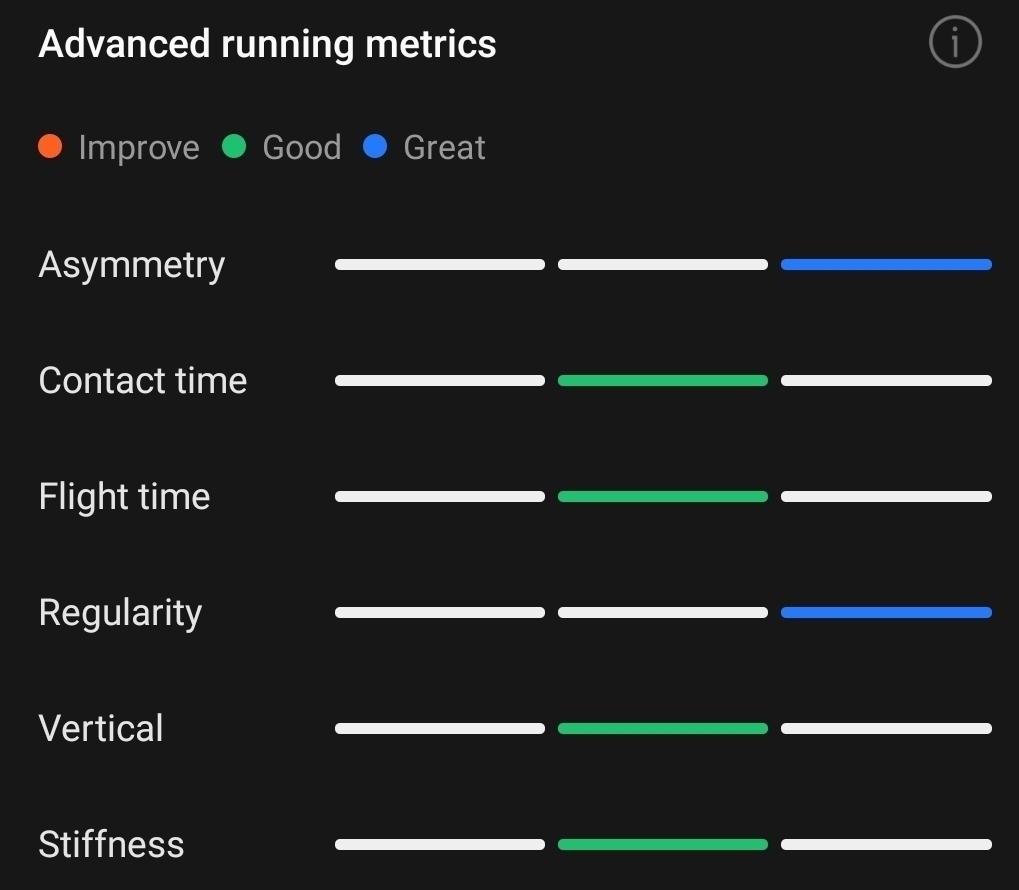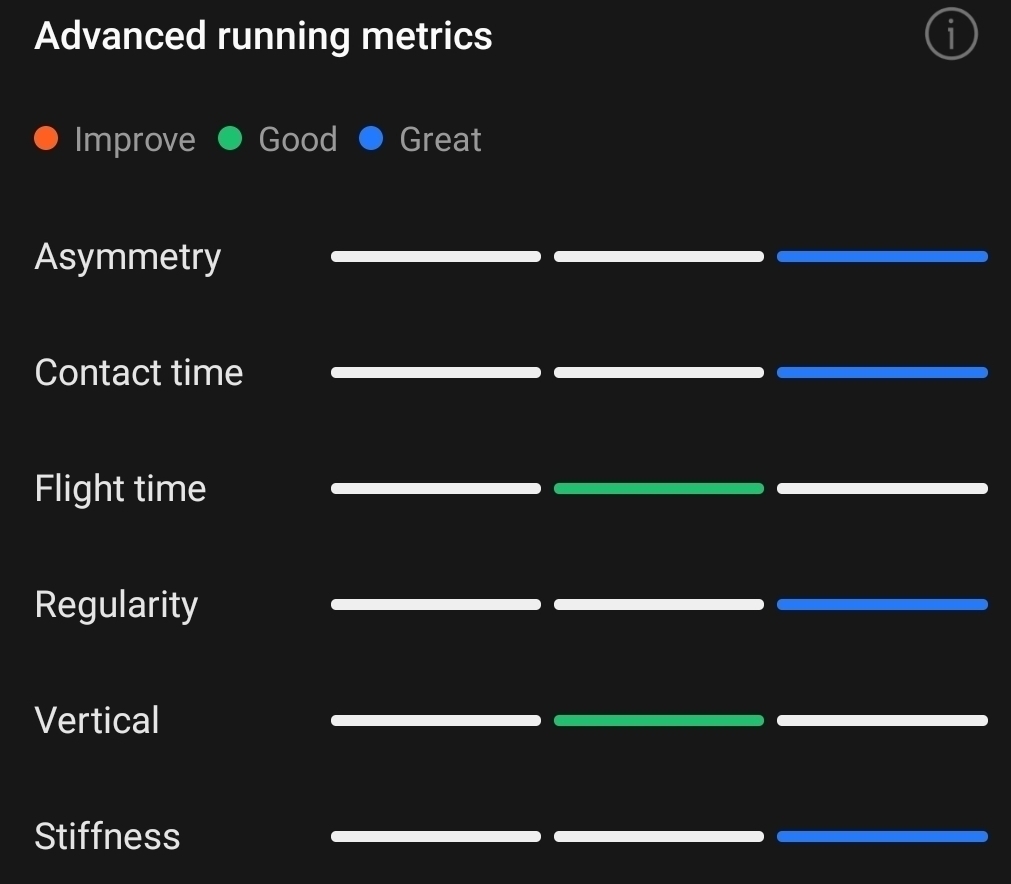The transformative power of health trackers
Health trackers are very popular gadgets. They come in at different price ranges and have different functionalities, but they clearly serve a purpose: people wish to track aspects of their activity and health, and the knowledge obtained can help stimulate making changes for the better.
Apple is especially active in this area with the Apple Watch. Initially, the positioning of the Apple Watch was all over the place, but very quickly Apple narrowed in on the Health functionalities of the watch. Every year, Apple expands on the information it can gather about our health through different sensors, as well analyse it in new and useful ways:
- Sleep
- Heart health notifications
- Blood oxygen
- Exercise and activity tracking
- Ambient noise levels
- Tracking menstrual cycle
- Fall detection and gate analysis
Changes observed in my running through my watch
Personally, I have been using a smartwatch for many years now and have tracked my activity and other health aspects for that time. Admittedly, I have done so on different platforms (Withings, Google Fit, Samsung Health, Huawei Health, …) and don’t have years of information in one centralised place, but I continue using it actively.
Since last year, I am fully into the Samsung ecosystem and I have a Samsung Galaxy Watch Active 2. Samsung’s health app has very nice stats for running, which I happen to do. In part, in fact, that is the reason I wanted to go with this watch.
I wish to share a very illustrative example of what this type of technology enables and which I think is pretty powerful. When running, it tracks of course your route, heart rate, steps, distance, speed and many more things. However, it also does an analysis of your running “technique”: assymetry, contact time, flight time, regularity, vertical, stiffness.
Now, generally speaking, I score Good on 4 of these aspects and Great on 2 of them. I am far from a great runner, so no surprise here.

Since reading the book Born to Run, I have always had an interest in the idea of letting the foot do the work it was designed to do rather sticking it in a shoe that limits its movement. As a results, in the summer, I like to run in a pair of Luna running sandals. The idea is that your body is much more atuned to the ground and its feedback and that you change - without active effort on your part - your running style: smaller stride, higher cadence, landing more on the midfoot to front foot, … Which is supposed to be beneficial.
In any case, to my surprise when I checked these advanced running metrics after running several times on my sandals this year, I could actually see that it registers a difference, where all of a sudden I pass to Great for contact time (which means it is reduced) as well as stiffness.

There is still so much potential and areas for growth
Of course, this is just anecdotal evidence, but I think this is the transformative power of these tools: allowing you to see the positive impact of changes you make in your life.
Now, tracking consistently and continuously information like sleep, weight, body composition, activity level, heart rate, blood pressure, oxygen level, blood sugar levels, movement data (for fall detection and gate analysis) is a powerful tool for preventative health care, I am sure.
New sensors are being developed, existing ones get better and cheaper and the processing of the raw data is something that is under continuous development for better diagnostics. All of this will make this more and more useful.
Looking at the future and the role this can play, as a user:
- I want one central place where all information is stored, from all of my health devices.
- Ideally speaking, existing devices such as the watch, earbuds, or even glasses, will add new sensors that allow recording more information.
- But more than just information, the health solution should take the next step to giving diagnostics based on Big Data analytics.
- And, crucially, all this information should be safely stored under the sole control of the user, where he/she can share it with their health professional safely as interpreting results and making sense of it often still requires the help of professionals.
So, is this the sort of tech you are enthousiastic about? Have you made any changes in your life based on the information measured? Hit my up on Twitter or Mastodon if you want to chat about this.